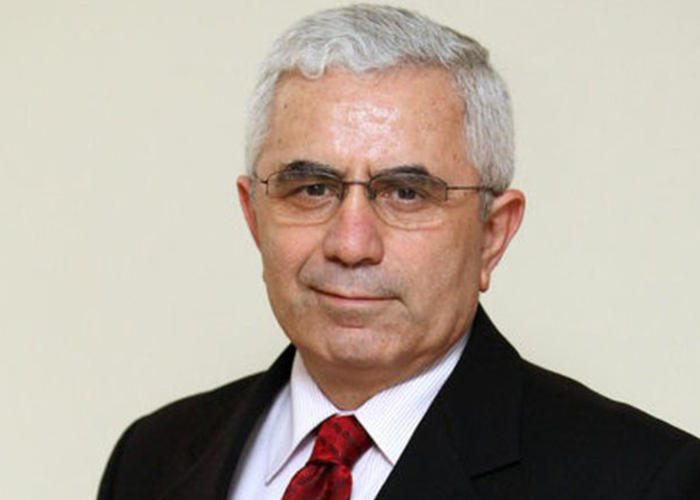
In a world more and more financialized, the “dealers” (specialized in short-term financial operations) trading 5-6 trillion dollars of foreign currency every day, are not interested with the long term investments. Lending to the productive factory investments, evaluating projects are not their business. But Turkey is a big economy not to be at the mercy of dealers.
THE RECENT political crisis with Germany is said to be weighing on the direct foreign investment to Turkey. To summarize it, there are two types of market for the foreign investors: The investing market is suitable for the long term direct investment. In other words, the economies favorable for the factory investment. For example, China, South Korea…
As for the expression of trading market, it’s used in the “dealing rooms” of the international big investment banks in London and New York. This is one of the definitions invented by investors engaged in short-term trading.
In a world more and more financialized, the “dealers” (specialized in short-term financial operations) trading 5-6 trillion dollars of foreign currency every day, are not interested with the long term investments. Lending to the productive factory investments, evaluating projects are not their business. They make money through instant tradings on the commodity, foreign currency and capital markets. They spend most of their working hours with the concepts like currency exchange, stocks, inflation, interest rate, CDS, hedge. They spend their lives with four or five trading screens before them, a TV placed nearby and under the pressure of making rapidly instant and right decisions.
They like mostly the stable economies offering markets with few ups and downs. They make short-term forecasting, hedge most of their tradings and they are lured with gaining bonus in addition to their payment. They are not preoccupied with the mid-term approaches.
As we know, mainly in the aftermath of the global crisis in 2009, the big central banks poured a large amount of cheap foreign currency to the markets. For example, FED’s balance sheet equal to 6 per cent of the national income in 2007, surged to 25 per cent by the end of 2015. Similarly, the ratio of the balance sheet of the European Central which was 13 per cent in 2007 climbed to 38 per cent this year. The balance sheets of the two central banks grew higher than 7 trillion dollars. Thus the “dealers” have been specialized in making money on short term tradings not only in the conventional markets but also in remote places over the world.
And when arranging their balance sheets, the bank executives amazed by the high returns from these tradings, preferred the hot money instead of encouraging the direct investments at the emerging markets presenting higher risks.
TURKEY CANNOT BE LEFT TO THE DEALERS’ INTEREST/ EXCHANGE RATE TRADINGS
To give one example from Turkey which is one of the most vulnerable countries to such foreign currency exchange volatilities, the total stock and bond investments of foreigners being 46 billion dollars in 2004 broke record with 193 billion dollars in 2014. The last figure is around 164 billion dollars.
On the other hand, more importantly, those influenced by “dealers” don’t talk any more about a productive investment, employment, education, the supremacy of law, growth and development in their economic assessments.
The unemployment is not on the agenda except one day in a month. Those losing their hope of finding a job are forgotten and most of the unemployed people are underestimated. Thousands of university graduates close to the age of 30 are unemployed and most of the economists (!) are preoccupied with the foreign currency exchange and interest rates. Talking about the productive industrial investments is a boring issue. Because they are not profitable in short-term.
On the other hand, who will invest to the economies with high long-term geopolitical risks? Let alone the foreigners, even the local people shifted from the industry to the construction. When talking about interest rates, the first thing coming to mind is the mortgage interest rate.
Turkey should immediately get rid of this mood. We should begin to think about how to make new productive investments embracing the new technology, helping to reduce the import and increasing the employment and to manufacture accordingly. We must immediately remove all economic, political, legal and sociological obstacles in order to turn the “trading market” approach of foreigners to the “investing market”
Because Turkey has big economy not to be at the mercy of interest rate/exchange rate tradings of “dealers”.